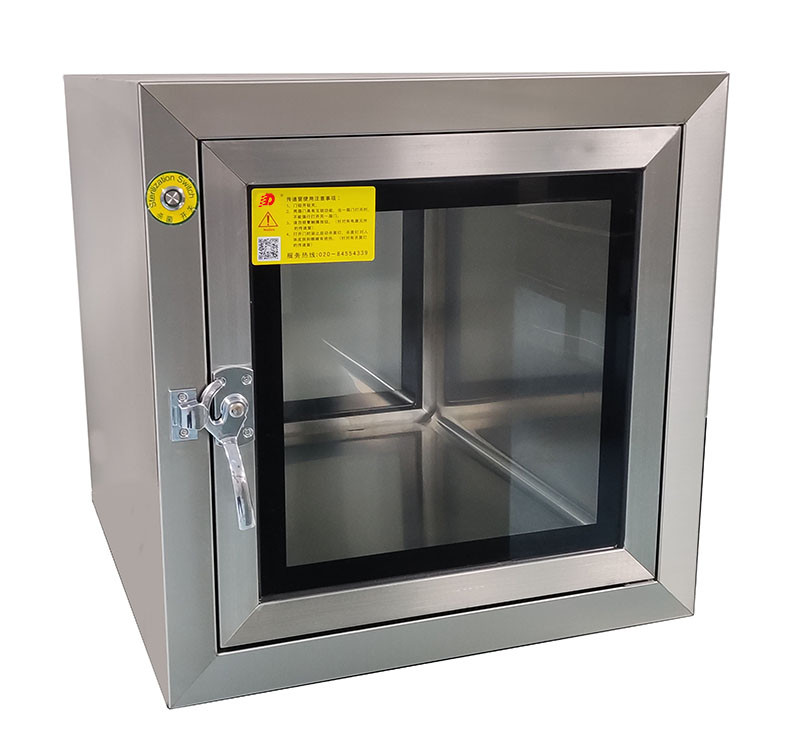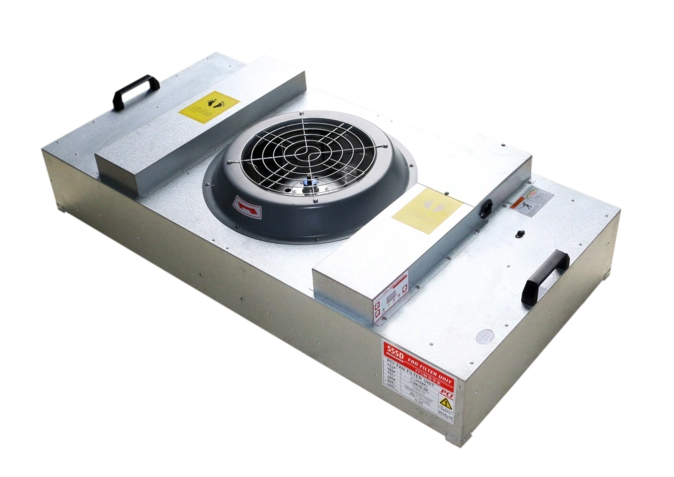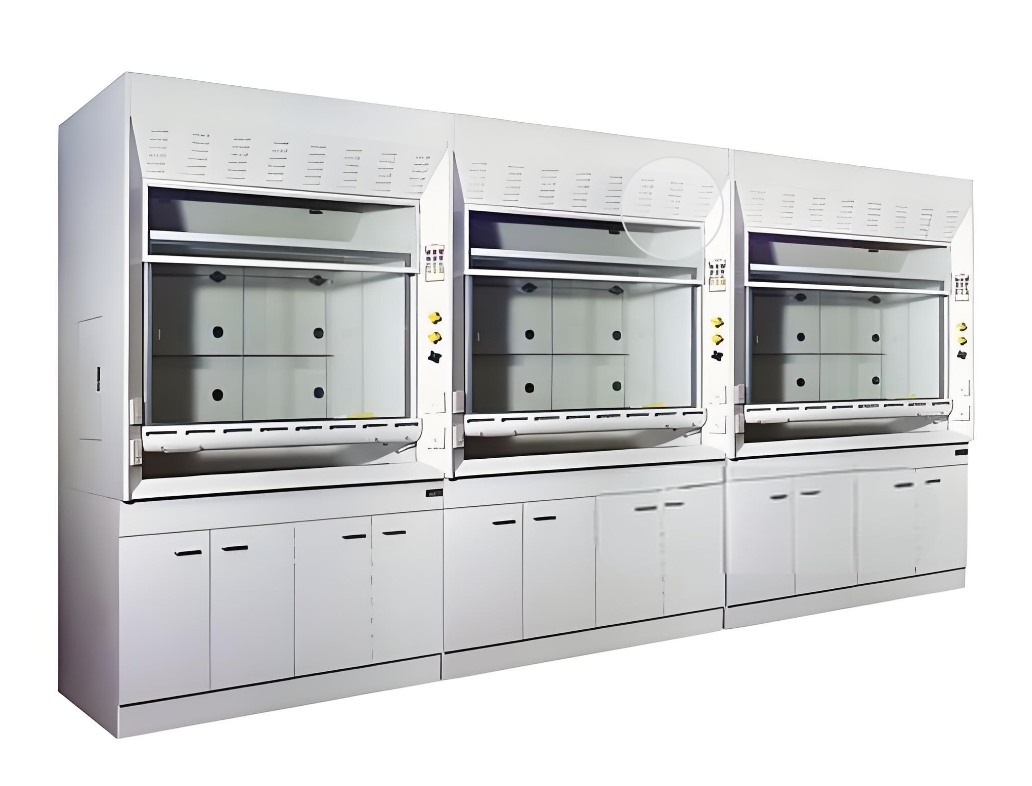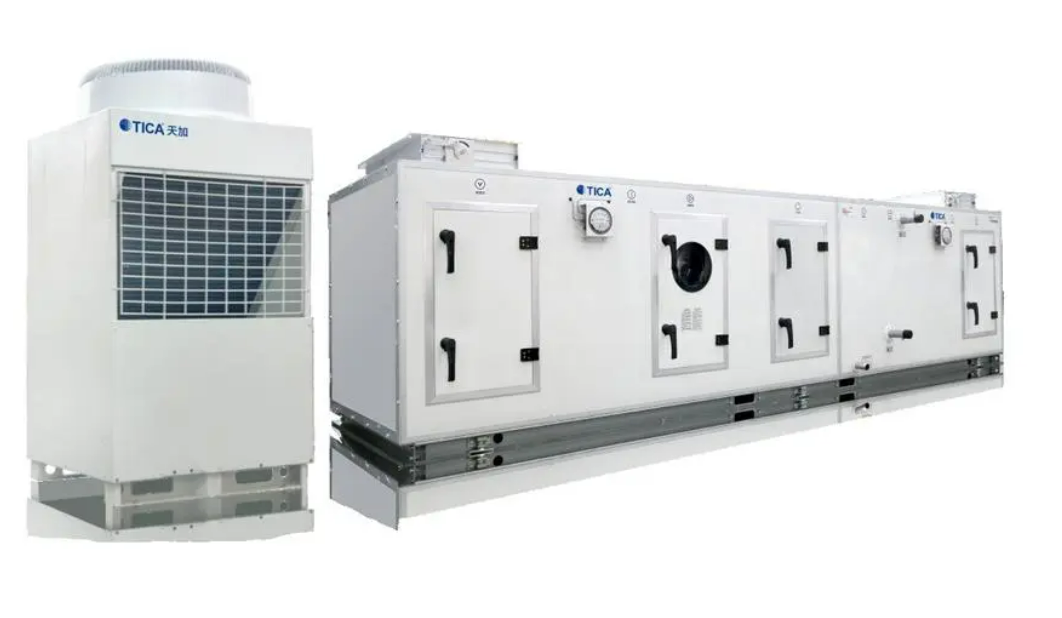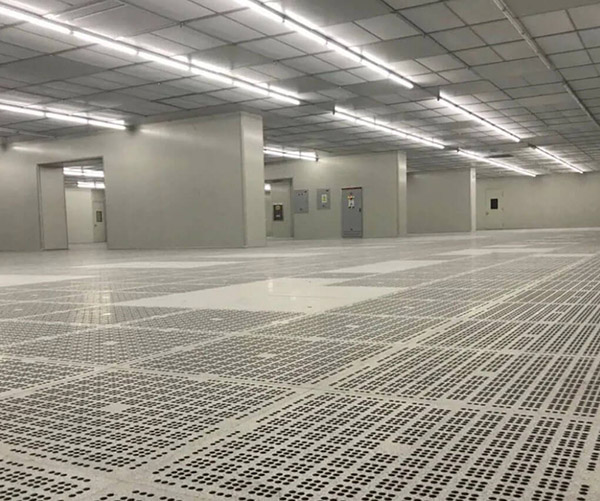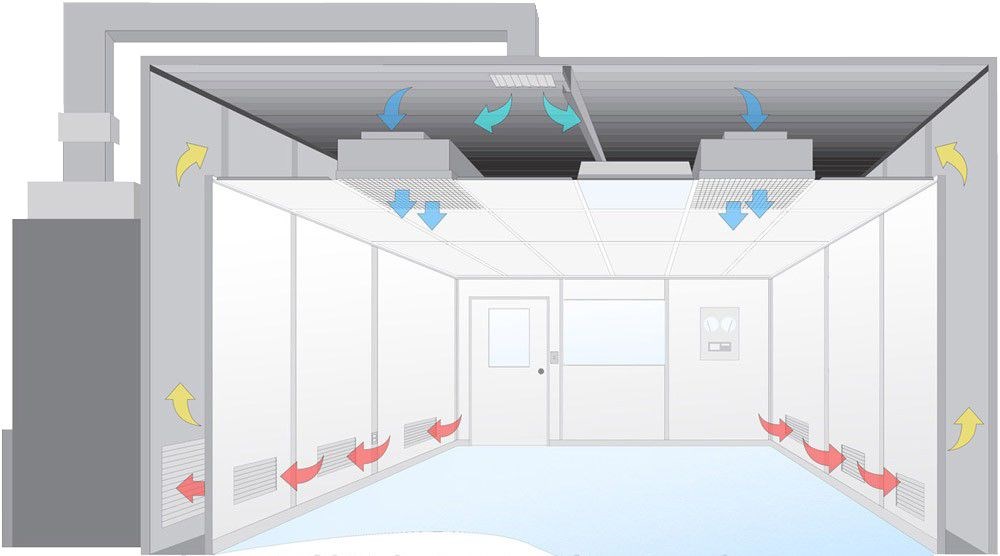In modern cleanroom environments, maintaining air quality is of utmost importance. A DC Fan Filter Unit (FFU) plays a critical role in this process by providing efficient air filtration and circulation. Designed to deliver a consistent airflow while filtering out contaminants, FFUs are essential for laboratories, pharmaceutical industries, and Semiconductor manufacturing. Selecting the right FFU can significantly impact operational efficiency and compliance with industry standards.

What is a DC Fan FFU?
A DC Fan FFU is an air filtration system that integrates a direct current fan with a HEPA or ULPA filter within a single unit. This configuration allows for the removal of airborne particles, ensuring that the air in cleanrooms or controlled environments meets stringent cleanliness standards. DC fans are known for their energy efficiency, low noise levels, and longer lifespan compared to traditional AC fans, making them ideal for applications that require constant airflow and minimal disruption.
Types of DC Fan FFUs
When selecting a DC Fan FFU, it’s important to understand the different types available in the market. Each type is designed to cater to specific needs and applications. Here are some of the common types of DC Fan FFUs:
Explosion-Proof DC FFU
Stainless Steel Body DC FFU
Group Control Module DC FFU
Ultra-Quiet DC FFU
ULPA DC FFU
Selecting the Right FFU Based on Needs
Choosing the appropriate FFU depends on the specific requirements of your application. Here’s a brief overview of the application fields for different types of FFUs:
Explosion-Proof DC FFU: These are essential in environments such as chemical processing plants, oil refineries, and other areas where explosive gases or dust may be present. Compliance with international standards like ATEX or NEC is crucial for these installations.
Stainless Steel Body DC FFU: Commonly used in cleanrooms, laboratories, and pharmaceutical settings, these FFUs meet stringent hygiene requirements. They often adhere to standards such as ISO 14644 for CleanRoom Classification.
Group Control Module DC FFU: Ideal for larger facilities that require coordinated control over multiple units, these FFUs are commonly found in industrial manufacturing and research laboratories. They help maintain optimal airflow and filtration efficiencies.
Ultra-Quiet DC FFU: Perfect for hospitals, libraries, and other noise-sensitive environments, these FFUs comply with noise regulation standards and are designed to operate quietly without compromising performance.
ULPA DC FFU: Used primarily in semiconductor manufacturing and pharmaceutical applications, ULPA FFUs ensure the highest level of air purity. They meet strict standards such as ISO 5 for cleanroom environments.
What Are the Design Standards for DC Fan FFU?
Design standards for DC fan FFUs are essential to ensure they meet the necessary performance and safety criteria. These standards help in maintaining air cleanliness, efficiency, and reliability in cleanroom environments.

1. Airflow Performance: FFUs must provide consistent airflow as per the specified CleanRoom class, ensuring proper ventilation and contamination control.
2. Filtration Efficiency: High-efficiency particulate air (HEPA) or ultra-low penetration air (ULPA) filters are typically required to meet required filtration standards.
3. Noise Levels: Design standards often specify maximum allowable noise levels to ensure that FFUs operate quietly, particularly in sensitive environments like laboratories and hospitals.
How Long is the Service Life of DC Fan FFU in General?

The service life of a DC fan FFU generally ranges between 10 to 15 years, depending on several factors, including usage, maintenance, and environmental conditions. Regular maintenance is crucial in extending the lifespan of these units. Routine checks on the fan motor, filters, and mechanical components can prevent premature wear and ensure optimal performance.
Additionally, the quality of the materials used in the construction of the FFU plays a significant role in its durability. High-quality, corrosion-resistant materials are essential in maintaining longevity, especially in environments with varying humidity and temperature levels.
Moreover, the operational environment can impact the service life; for example, cleanrooms with higher particulate levels may require more frequent filter changes, which can affect the overall lifespan of the unit. By adhering to recommended maintenance schedules and using the FFU within its specified limits, users can maximize the service life and reliability of their DC fan FFUs.
Is DC Fan FFU Suitable for High-Temperature Environment?
Thermal Limitations:
DC fan FFUs are typically designed to operate within specific temperature ranges. Many models can handle moderate heat but may not be suitable for extreme high-temperature environments without additional considerations.
Material Considerations:
To ensure functionality in high-temperature environments, it's essential to verify the materials used in the FFU's construction. Components such as motors and filters must be rated for higher temperatures to prevent degradation. Certain models may be specifically engineered for high-temperature applications, utilizing heat-resistant materials and advanced motor technologies.
Furthermore, proper airflow management is crucial in high-temperature areas to prevent overheating and ensure efficient operation. If the environment exceeds standard operating temperatures, consult the manufacturer for models designed for such conditions.
What types of clean rooms Are DC Fan FFU Suitable For?
DC fan FFUs are versatile units suitable for various cleanroom applications, ranging from pharmaceuticals to Electronics manufacturing.

1. Pharmaceutical Cleanrooms: These require stringent air quality standards to prevent contamination during drug formulation and testing.
2. Microelectronics Facilities: DC fan FFUs provide the necessary airflow and filtration to protect sensitive electronic components from particulate contamination.
3. Laboratories and Research Facilities: In labs where precise environmental control is essential, DC fan FFUs help maintain Clean air conditions, complying with relevant domestic and international standards such as ISO 14644. These standards ensure that cleanrooms operate effectively, adhering to specific classifications for air cleanliness and contamination control.
Summary
Selecting the right DC Fan FFU is a critical decision that impacts the cleanliness and efficiency of controlled environments. By understanding the different types of FFUs, their applications, and the factors to consider, you can make an informed choice that meets your specific needs. Brands like Deiiang offer a range of high-quality FFUs tailored to various applications, ensuring reliability and compliance with industry standards. Investing inthe right FFU not only enhances air quality but also contributes to the overall operational efficiency and safety of your workspace.
 +86 18186671616
+86 18186671616 Jason@cleanroomequips.com
Jason@cleanroomequips.com
 MENU
MENU







